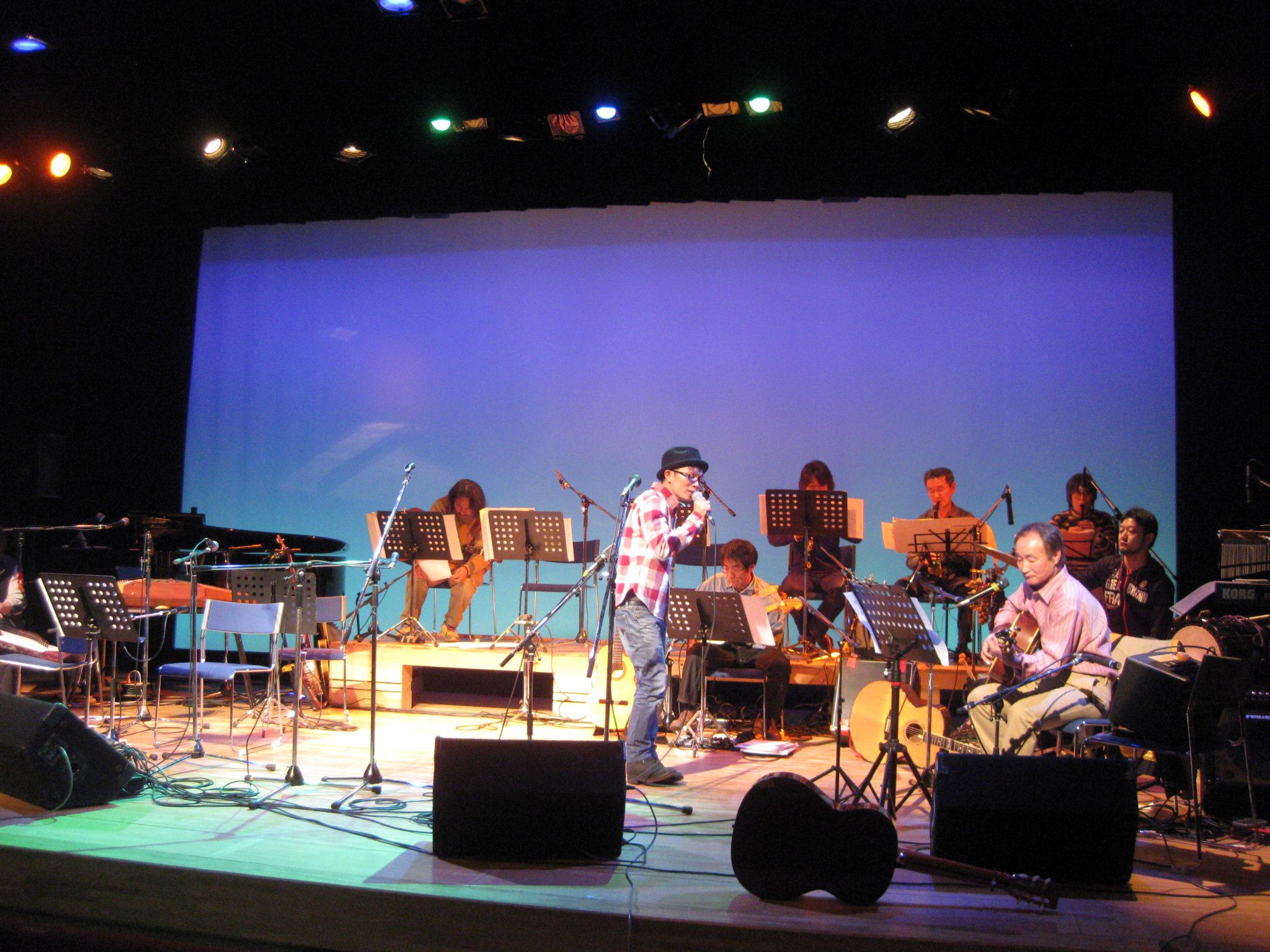Widely known as the singer of the song “Va hoa se no,” the Vietnamese version of the Japanese song “Hana Wa Saku” produced by NHK as a charity song of their Earthquake Disaster Relief Project, Hai Trieu bridges the people in Viet Nam and Japan through his songs.
A folk song that ignites the desire to live in Japan
-How did your relationship with Japan begin?
When I was in my 20s, I traveled to Kyoto for three months. I found the city stunningly beautiful, with its breathtaking scenery, rich culture, and kind people.
Upon returning to Viet Nam, a friend gave me a cassette of Japanese folk music. Among the songs, “Tsugaru Kaikyō Fuyugeshiki” resonated with me and intensified my longing for Japan. Inspired to learn more about the country, I decided to go to Tokyo to study Japanese.
-How was studying in Japan?
I started studying Japanese and delved deeper into the culture, with a desire to return to Viet Nam as a Japanese teacher. However, when I lived in Japan for several years, I fell in love with the country. Now, I have been living in Japan for 20 years, cherishing numerous experiences that make me feel like Japan is my second home.
Respect for the Japanese people and updating their image of Viet Nam
-What have been the reasons you continue to live in Japan?
I respect Japanese people’s morality. In Japan, I’ve met many people who helped me, which I always appreciated. Since I came to Japan, I experienced personal growth and I would say I have become a better individual. The praises and encouragement from the Japanese people around me enabled me to accomplish things I never thought I could.
When I travel to the countryside in Japan, I talk to the local people, too. There has been a memorable conversation with an old lady I met in Nasu in Tochigi prefecture. She asked me whether there were TVs in Viet Nam or whether Vietnamese people still boil water in the old type of kettle. I learned that for many Japanese people, the image of Viet Nam is often associated with the Vietnam War and perceived as underdeveloped. This conversation with her motivated me to introduce Vietnamese culture and people to Japanese people and update the image of Viet Nam among them. That is another reason I am still in Japan.
A Singer: Bridging the Musical Cultures of Viet Nam and Japan
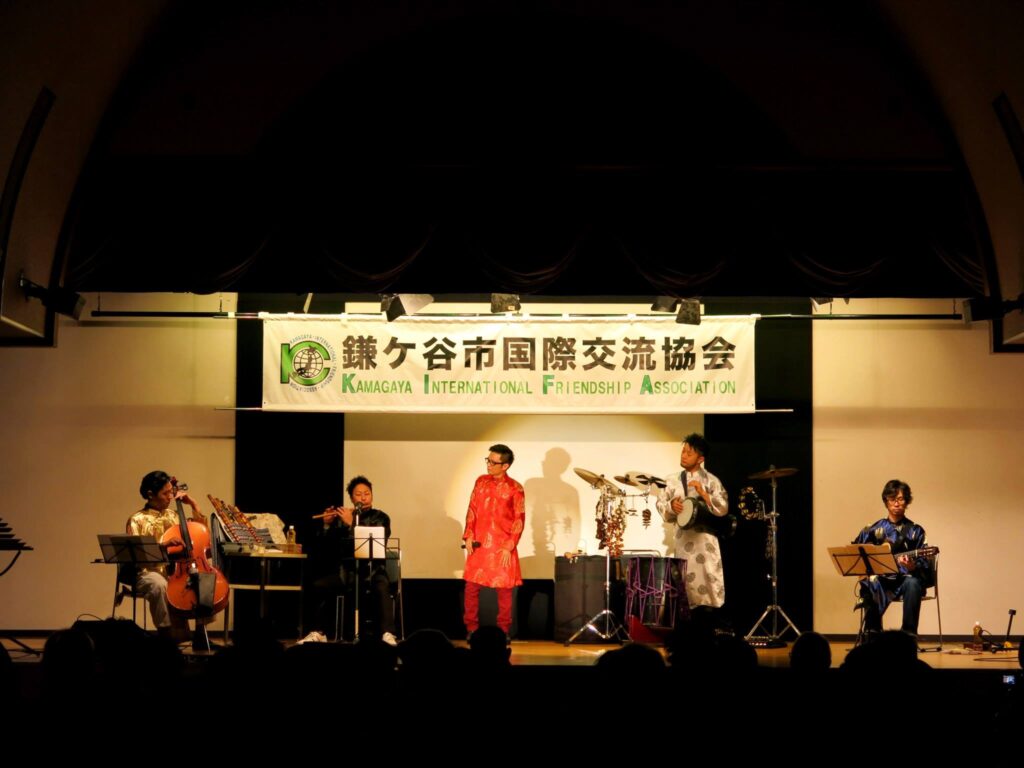
-You have been recognized as a Vietnamese singer who sings Japanese songs.
I feel fortunate that I have had many opportunities to participate in various activities organized by the Vietnamese Embassy in Japan and to have met Quoc Bao, a highly acclaimed songwriter in Viet Nam. Through the encounter with Quoc Bao, I was able to release my first album featuring Vietnamese translations of selected Japanese songs.
-What song has been the most significant for you?
Among all the songs I translated into Vietnamese, “Va hoa se no” holds the most significant memory for me. This particular song revolves around the devastating Great East Japan Earthquake that occurred in 2011. Driven by intense emotions, I managed to complete the lyrics in just two days. The strength of my emotions naturally transformed into words. The song gained further recognition as it was performed by renowned Vietnamese singers such as Ha Anh Tuan, Hong Nhung, Uyen Linh, and Van Mai Huong. Their renditions brought the song to a wider audience and contributed to its resonance and impact.
When people contemplate a country, their thoughts often gravitate toward its food and music. Both of these elements play a crucial role in cultural expression and can serve as powerful connectors between different nations. Music, in particular, can contribute significantly to fostering relationships and building bridges between countries.
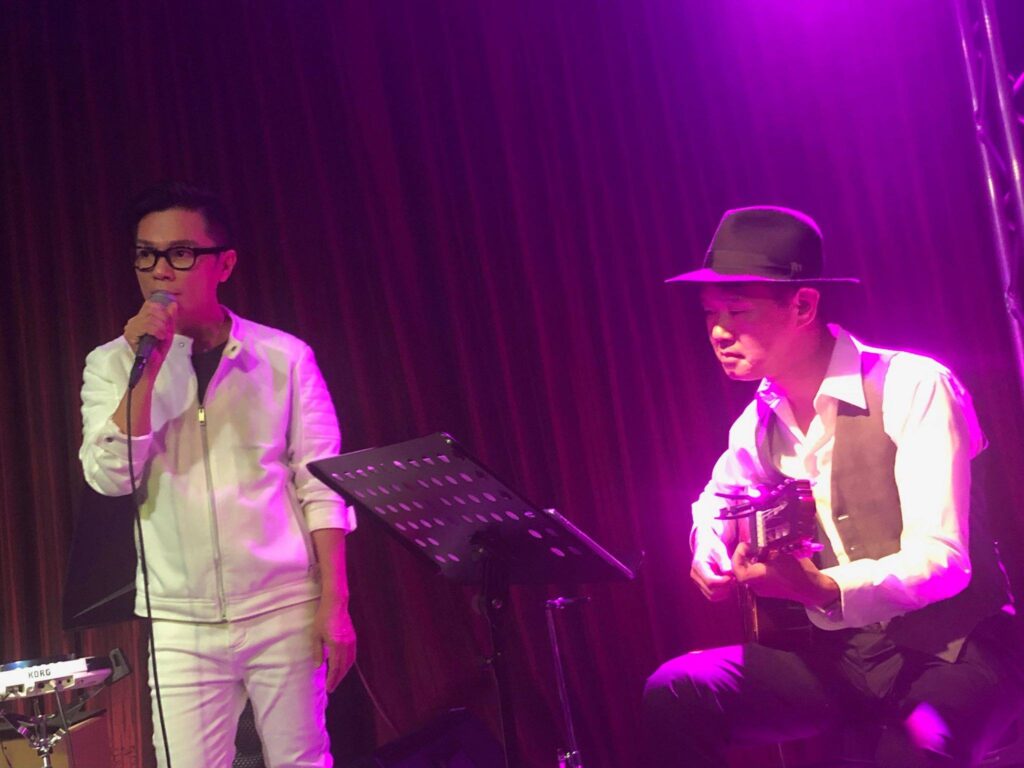
Difficulty in lyrics translation
-What are the difficulties you faced when you translate many Japanese songs into Vietnamese?
The translation process posed a unique challenge due to the contrasting nature of the Japanese and Vietnamese languages. Japanese is known for its polyphonic structure, whereas Vietnamese is predominantly monosyllabic. This distinction made the task of translating lyrics, such as the word “tanoshii” (meaning “enjoyable” or “fun” in Japanese), into Vietnamese, where it is simply rendered as “vui” (meaning “happy” in Vietnamese), quite intricate.
To overcome this obstacle, I had to find three additional sounds or syllables to complete the lyrics and maintain the essence of the original message. While this posed a considerable challenge, I embraced it wholeheartedly and found joy in the process of creatively adapting and expanding the lyrics. The endeavor of finding suitable counterparts in Vietnamese while preserving the emotional depth and intention of the song became a fulfilling endeavor for me.
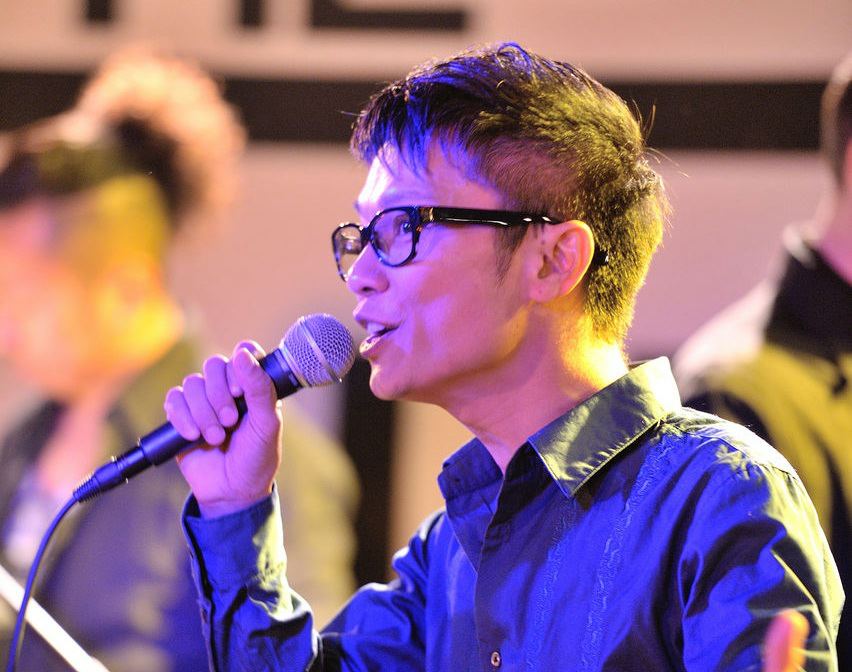
Music in the future
-What are your hopes and plans for your future music activity?
I discovered the immense talent presented among the Vietnamese youth when I initiated a project as a way to give back to the Japanese community. My plan involved translating a Japanese song into Vietnamese and forming a choir. Throughout the process, I found many youths with great talent. I hope that the Vietnamese community in Japan would unite and elevate their collective musical abilities to a higher level. I envision a larger community where all music-loving Vietnamese individuals could nurture their passion.
Looking towards the future, I recognize the advancements of AI technology in delivering songs and music with exceptional quality. Nevertheless, I firmly believe that AI can never replace humans due to the lack of genuine emotion. Human expression and connection through music carry a depth of feeling that AI cannot replicate. I vividly recall a valuable lesson from my teacher, Tran Hieu. The teacher acknowledged my strength in conveying emotions and encouraged me to preserve this ability. I will continue to strive to maintain the emotional aspect when singing.
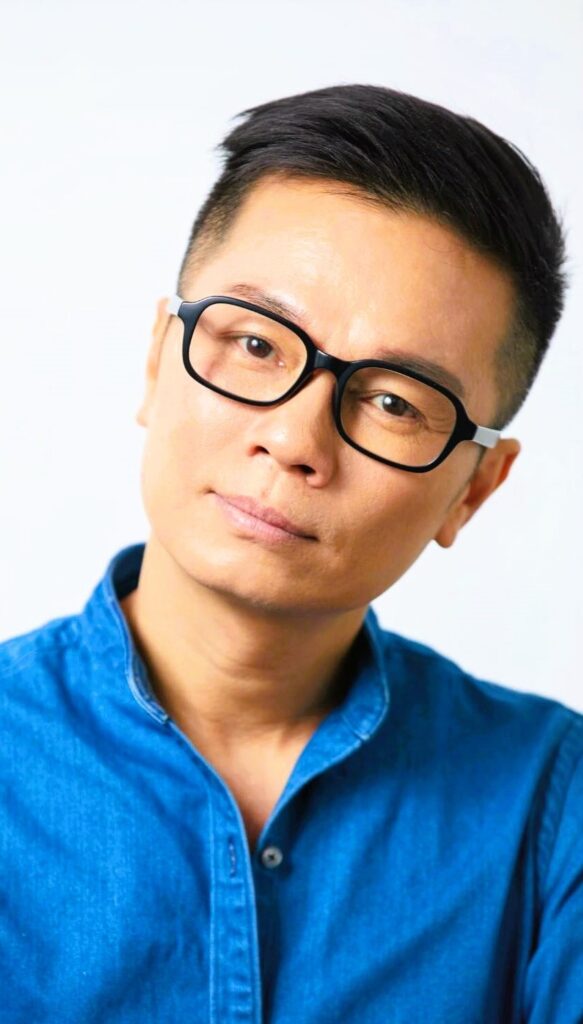
Hai Trieu
He came to Japan to study about 20 years ago. Since then, he has been based in Japan as a Vietnamese singer, lyricist, and composer of Japanese and Vietnamese songs. Translated Sada Masashi’s song “命の理” (Inochi no ri) into Vietnamese with the name “Ly do toi sinh ra” and aims to connect the Vietnamese community in Japan. Also, produced the Vietnamese version of the song “花は咲く” (Va hoa se no) by NHK, a charity song of their Earthquake Disaster Relief Project, which has been covered by famous singers in Viet Nam.


